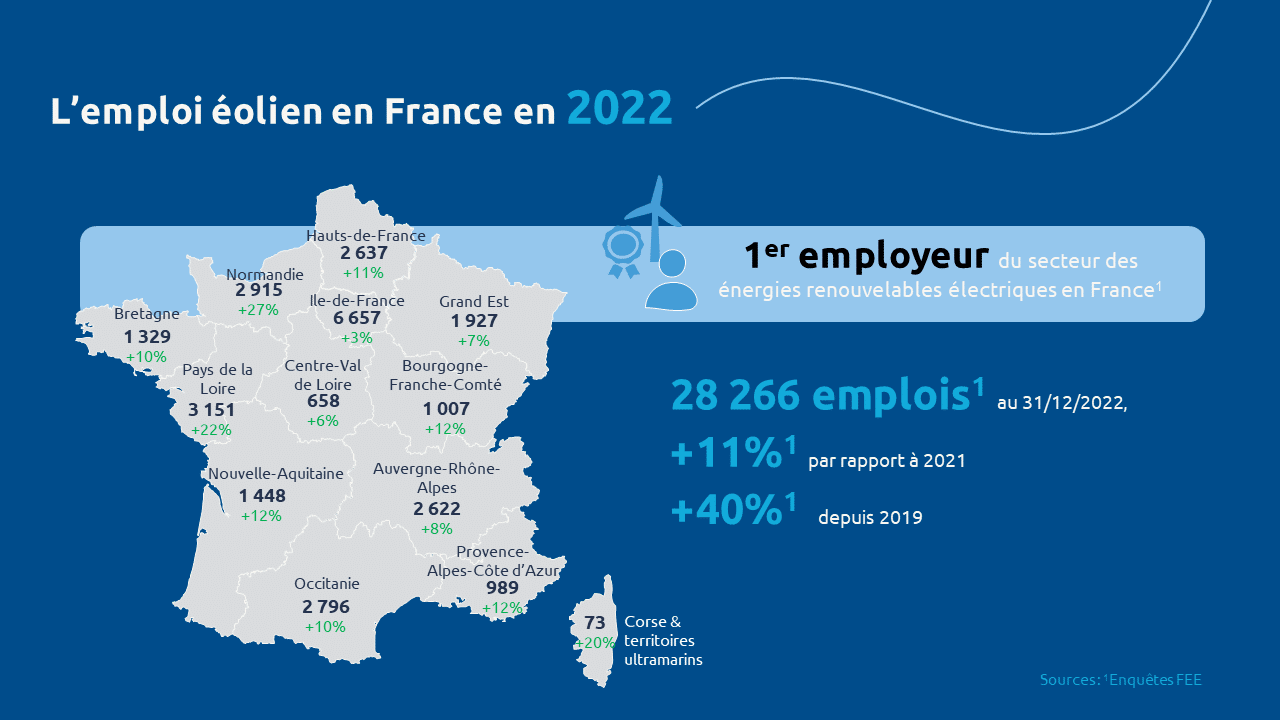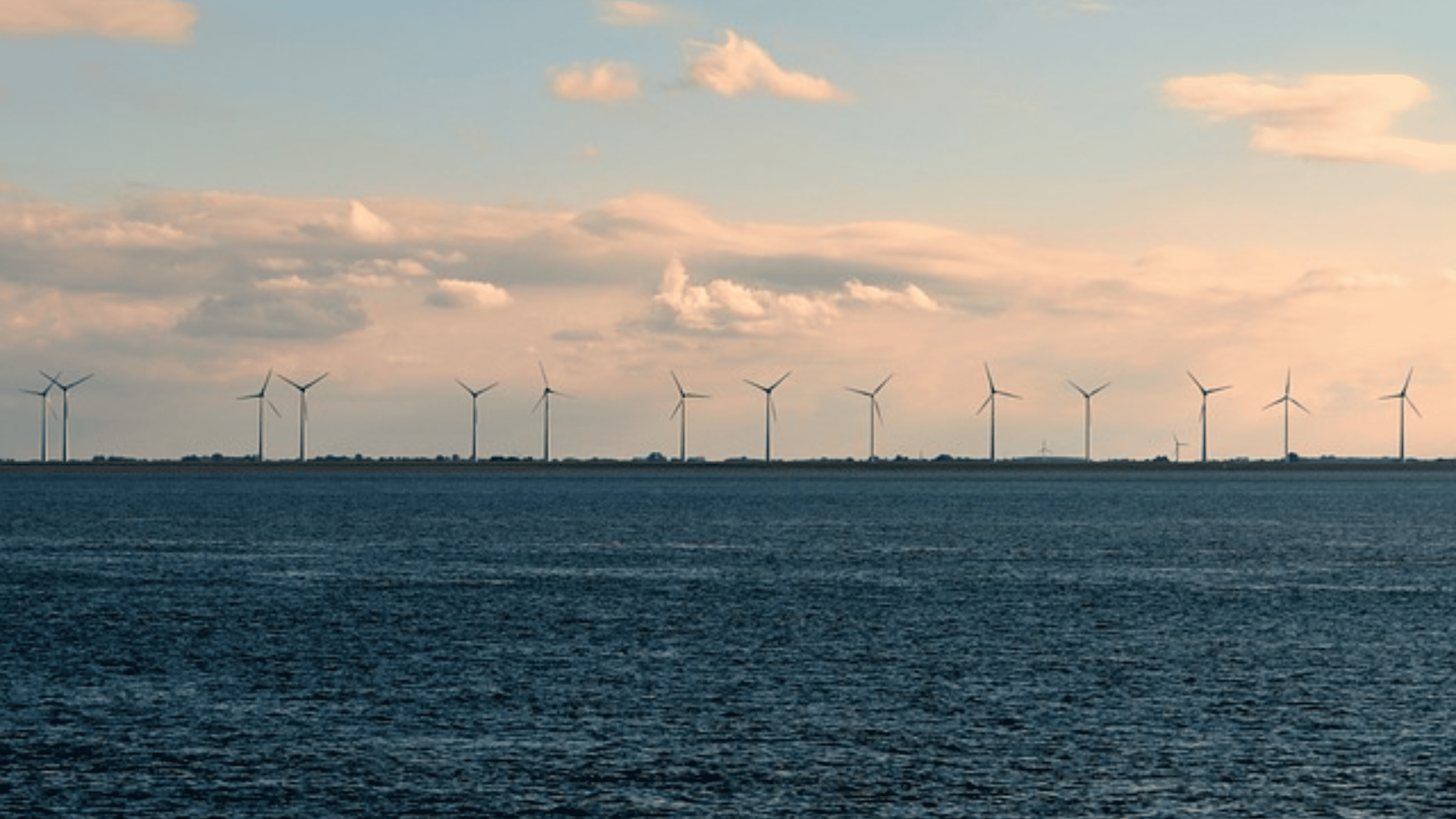How can you make the most of a non-linear career path in the renewable energy sector?

In an ever-changing professional world, ‘traditional’ careers – linear, with no transitions or detours – are less and less the norm. The rapidly expanding renewable energy sector is attracting more and more talented people from other backgrounds: industry, construction, digital, consultancy, or even complete reconversions.
But how do you make the most of a non-linear career path in such a dynamic and demanding sector?
1. A changing sector
The renewable energy market is changing fast: new technologies, new professions, regulatory requirements, complex projects, etc. Faced with these changes, companies are not just looking for ‘ready-made’ profiles, but also for talent that is adaptable, open-minded and capable of taking a step back.
In other words, an atypical background can become a real strength, as long as you know how to present it.
2. Understanding and taking responsibility for your career path
Before convincing a recruiter, it’s essential to take a step back and look at your own career history. Here are a few tips to help you see things more clearly:
- What are the common threads running through your career (transferable skills, common themes, types of environment)?
- Why this sector today? Be able to explain your approach, your motivations and what you’re looking for.
- What have you learned from your transitions? Every career change develops qualities: adaptability, curiosity, the ability to get out of your comfort zone, etc.
3. Highlight transferable skills
Do you come from the construction, consultancy, digital or logistics sectors? Good news: these sectors provide skills that are in demand in the renewable energy sector.
Examples:
- Complex project management → very useful in infrastructure siting or development projects.
- Mastery of digital tools → more and more energy professions are digitalised.
- Customer awareness/team coordination → key in commercial, operational or project management roles.
4. Adapt your language and media
- A classic chronological CV is not always suited to an atypical career path. Think about :
- A skills-based CV, highlighting your key skills rather than your job dates
- A cover letter with context, explaining your approach without making excuses
- An up-to-date LinkedIn profile, reflecting your plans and highlighting your orientation towards renewable energy.
And above all : during an interview, don’t ‘justify’ your career path. Tell the story. With coherence, confidence and projection.
In a sector as dynamic as renewable energies, diversity in career paths is an asset, not an obstacle. A non-linear career path, if it’s properly analysed, explained and promoted, can reveal a wealth of skills: versatility, adaptability, a sense of commitment and the ability to evolve. The key is to build a clear, coherent and sincere narrative about your career path, highlighting the possible links with the needs of the sector, and projecting yourself confidently into this new phase.



